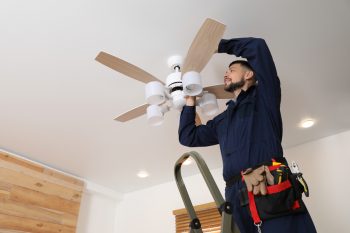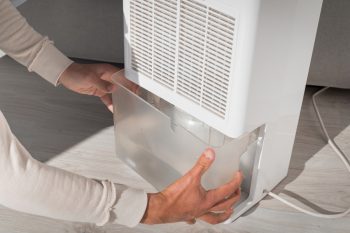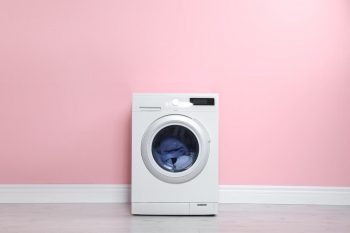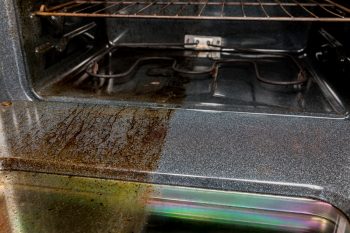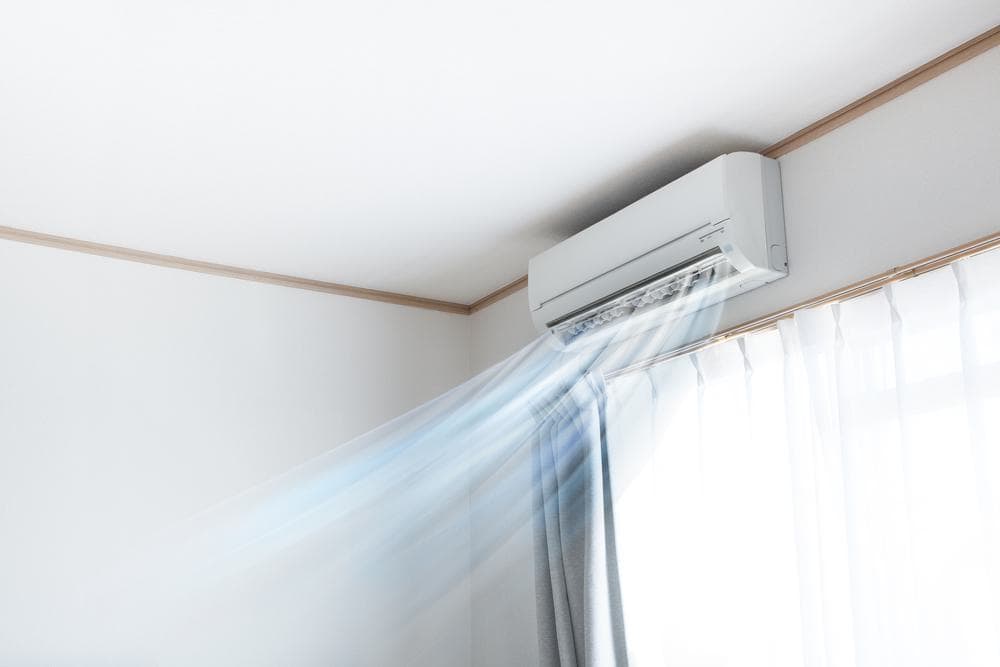
If you have ever faced the issue of a clogged AC compressor, you know how frustrating it can be, especially during those hot summer months when you need your air conditioner the most. A clogged AC compressor can lead to reduced airflow, inconsistent cooling, strange noises, and even higher electricity bills. But don’t worry – with a little bit of know-how, you can unclog your AC compressor and get it back to its optimal performance.
To unclog an AC compressor, first turn off your air conditioner at the thermostat and the circuit breaker panel. Locate the drain pipe and remove the cap. Use a stiff, thin wire brush or pipe cleaner to unclog the line. Pour a cleaning solution, such as diluted bleach or white vinegar, into the drain line. Then, use a wet/dry vacuum to remove the clog and any trapped water. Reattach the cap to the drain pipe and turn the air conditioner back on. Always remember to follow safety precautions and consult a professional if necessary.
What Causes an AC Compressor to Clog?
Several factors can lead to a clogged AC compressor:
- Clogged or damaged suction lines
- Dirty condenser coils
- Contaminants in the system
- Insufficient oil lubricant
- Blocked suction lines
- Electrical problems
Signs and Symptoms of a Clogged AC Compressor
If you notice any of the following signs, your AC compressor might be clogged:
- Strange noises from the compressor
- Reduced airflow
- Inconsistent cooling capabilities
- The compressor frequently freezes
How to Unclog an AC Compressor
Unclogging an AC compressor can be a relatively straightforward process if you have the right tools and materials at hand:
- A stiff, thin wire brush or pipe cleaner
- A wet/dry vacuum
- Duct tape or plumber’s tape
- Bleach or white vinegar (for cleaning the drain line)
- Rubber gloves
- Screwdriver
- Garden hose
- Funnel
- Protective goggles
Here’s a step-by-step guide on how to unclog your AC compressor:
- Turn off your air conditioner at the thermostat and the circuit breaker panel.
- Locate the drain pipe, which is usually a PVC pipe with a plastic cap.
- Remove the cap from the drain pipe.
- Use a stiff, thin wire brush or pipe cleaner to gently unclog the line.
- Pour a cleaning solution, such as diluted bleach or white vinegar, into the drain line to clean it.
- Use a wet/dry vacuum to remove the clog and any trapped water along with it.
- Reattach the cap to the drain pipe.
- Turn the air conditioner back on at the thermostat and the circuit breaker panel.
Safety Precautions
When unclogging an AC compressor, it’s crucial to take the following safety precautions:
- Turn off the power to your HVAC unit before working on it.
- Use rubber gloves when handling any chemicals or cleaning solutions.
- Start with low pressure (10-30 PSI) if using compressed air to clear a clogged condensate line.
- Do not break the line or release refrigerant into the atmosphere.
- Do not touch wiring connections when the unit is plugged in.
- Schedule regular inspections and maintenance with a qualified HVAC technician.
When to Seek Professional Help
While you can unclog your AC compressor yourself, it’s always a good idea to consult a professional HVAC technician if you notice any of the following signs:
- A lack of hot air being released outside.
- Reduced airflow.
- Strange noises coming from the unit.
- Higher than normal electric bills.
- Weak or inconsistent cooling performance.
Conclusion
Unclogging an AC compressor can be a simple task if you have the right tools and follow the correct procedures. However, always remember to take safety precautions and seek professional help if necessary. Regular maintenance and prompt action can help you avoid clogged AC compressors and enjoy a cool and comfortable environment in your home.
Frequently Asked Questions
How often should I clean my AC compressor to avoid clogs?
It’s recommended to clean your AC compressor at least once a year, preferably before the cooling season starts. Regular maintenance can help prevent clogs and keep your unit running efficiently.
Can a clogged AC compressor cause damage to the unit?
Yes, a clogged AC compressor can cause damage over time. If the compressor is clogged, it has to work harder to pump refrigerant, which can lead to overheating and eventually failure of the compressor.
What is the best cleaning solution to use for unclogging an AC compressor?
A mild cleaning solution such as diluted bleach or white vinegar is typically sufficient for cleaning the drain line of an AC compressor. However, for stubborn clogs, you may need a commercial drain cleaner designed for use with air conditioners. Always follow the manufacturer’s instructions when using these products.
How can I prevent my AC compressor from getting clogged?
Regular maintenance is the key to preventing clogs in your AC compressor. This includes cleaning and inspecting the unit annually, changing the air filter regularly, and ensuring that the outdoor unit is free from debris.
Can I use a regular vacuum to remove the clog from my AC compressor?
It’s best to use a wet/dry vacuum for this task as it can handle both solid debris and water. A regular vacuum is not designed to handle water and could be damaged if used for this purpose.

